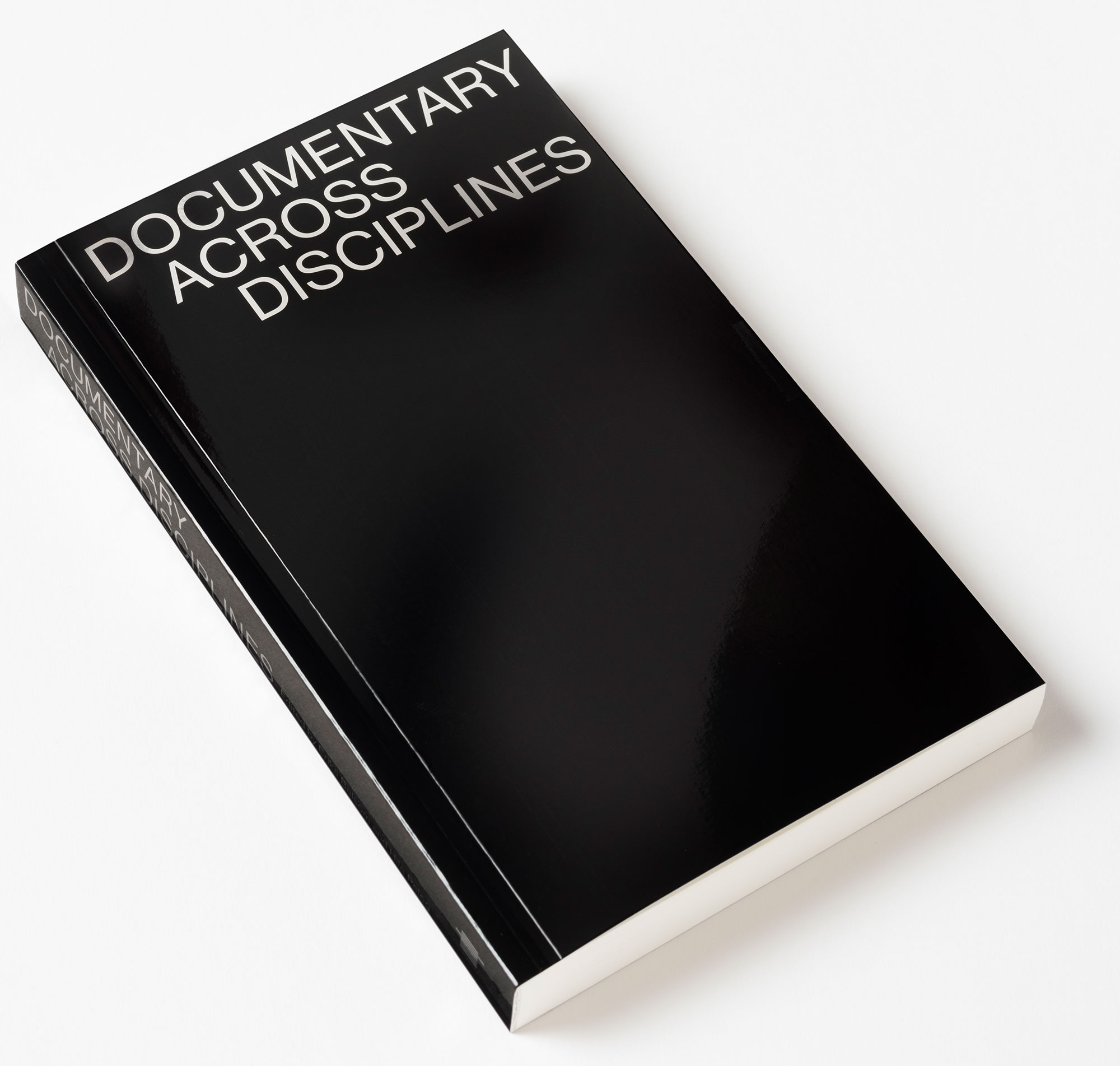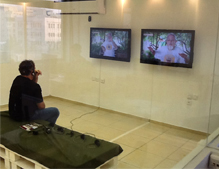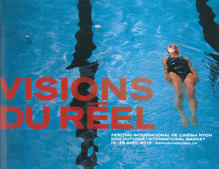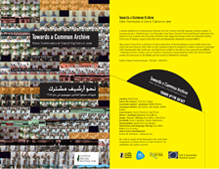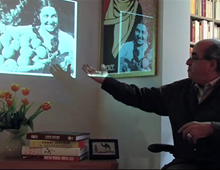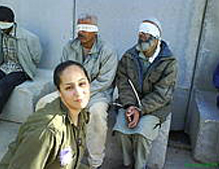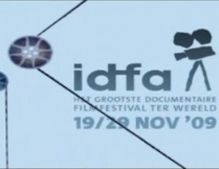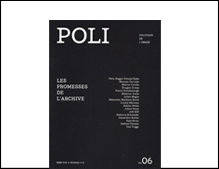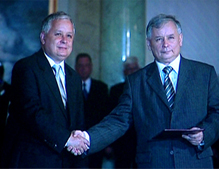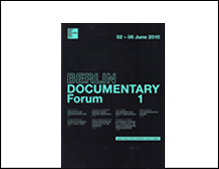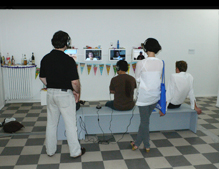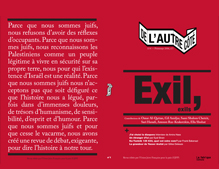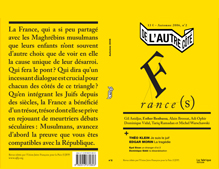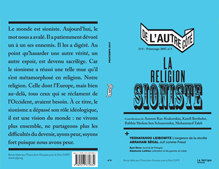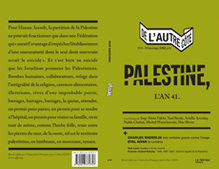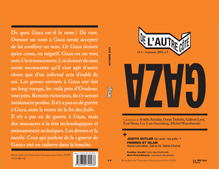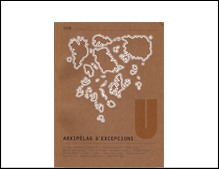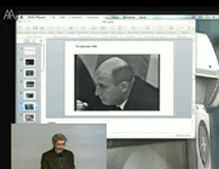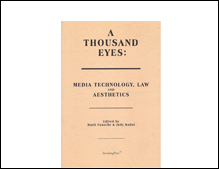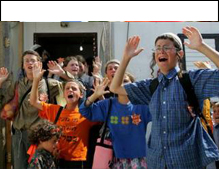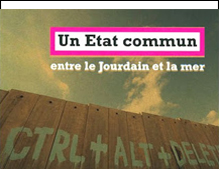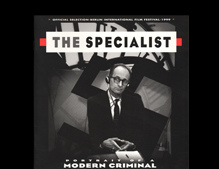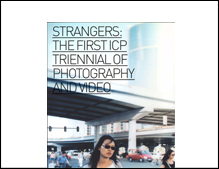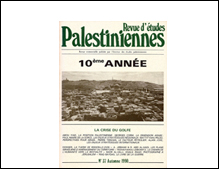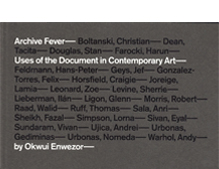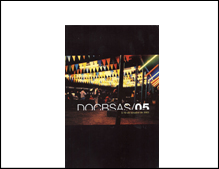-
Proposal for a visual media exhibition
with the participation of students of the Master of Film at the Dutch Film Academy, Amsterdam -
Get my films
Buy DVDs online at www.momento-films.com -
IZKOR
slaves of memory
Documentary film | 1990 | 97 min | color | 16mm | 4:3 | OV Hebrew ST -
Common Archive Palestine 1948
web based cross-reference archive and production platform
www.commonarchives.net/1948 - Project in progress - -
Montage Interdit [forbidden editing]
With professors Ella (Habiba) Shohat and Robert Stam / Berlin Documentary Forum 2 / Haus der Kulturen der Welt / June 2012 -
Route 181
fragments of a journay in Palestine-Israel
Documentary film co-directed with Michel Khleifi | 2003 | 272 min [4.5H] | color | video | 16:9 | OV Arabic, Hebrew ST
-
The Specialist
portrait of a modern criminal
Documentary film | 1999 | co-author Rony Brauman | 128 min | B/W | 4:3 | 35 mm | OV German, Hebrew ST -
Jaffa
the orange's clockwork
Documentary film | 2009 | 88 min | color & B/W | 16:9 | Digital video | OV Arabic, Hebrew, English, French ST
-
Montage Interdit
www.montageinterdit.net
Web-based documentary practice. A production tool, archive and distribution device | project in progress
-
Common State
potential conversation [1]
Documentary film | 2012 | 123 min | color | video | 16:9 split screen | OV Arabic, Hebrew ST -
Towards a common archive
testimonies by Zionist veterans of 1948 war in Palestine
Visual Media exhibition | Zochrot Gallery (Zochrot visual media lab) | Tel-Aviv | October 2012 - January 2013
-
I Love You All
Aus Liebe Zum Volk
Documentary film co-directed with Audrey Maurion | 2004 | 89 minutes | b/w & color | 35mm | OV German, French ST
reviews
Talk is cheap: some notes on freedom of speech and the ethics of listening in Route 181 by Michel Khleifi and Eyal Sivan by Uriel Orlow
01.01.2005
Freedom is hot verbal currency these days and much is claimed or done in
its name; it has become what in French would be called a passe-partout, a
key to all doors. George W. Bush used the word freedom 42 times during his
second inaugural address as US president earlier this year; the speech lasted
only 21 minutes which amounts to two freedoms per minute. As an abstract
and modern notion (i.e. not physical freedom from slavery or oppression)
freedom is a product or indeed aim of the Enlightenment project; it was
sloganised during the French revolution in egalité, liberté, fraternité (equality,
freedom and familial/national ties) and canonized in the same year in relation
to speech as the first amendment to the US constitution. Thus freedom of
speech represents something like an after-thought, a belated realization, or
indeed, a Derridean supplement... Since then, freedom of speech has been
promoted to a fundamental human right and is now embedded in many
constitutions and charters worldwide, often bundled with the right to
information. Yet this double freedom of expression and information is by no
means an absolute one; there are many interests, be they political or economic,
that it may not interfere with. Moreover, while speech – if it is permitted –
can come about as a spontaneous act, access to information on the other
hand – even if it is considered a right – always takes place in a controlled
environment. Not only if speech is to be free and informed is it dependent
on access and thus subject to various control-mechanisms; also on much
more subtle levels, many conditions are necessary for freedom of speech to
be possible in reality. These political, cultural, educational, social and
economic factors evade easy quantification. In Archive Fever Derrida notes
how access to archives can be seen as a measure of democratization.2 In
addition, I would argue that conditions need to be created where newly
accessed information can also be circulated freely and sensibly, that is,
without being used as a propagandistic instrument. In allusion to Benjamin’s
historical index of recognizability,3 one could speak of a historical index of
utterability; a marker of moments in time and place when certain things
can be said.
For decades, many...
its name; it has become what in French would be called a passe-partout, a
key to all doors. George W. Bush used the word freedom 42 times during his
second inaugural address as US president earlier this year; the speech lasted
only 21 minutes which amounts to two freedoms per minute. As an abstract
and modern notion (i.e. not physical freedom from slavery or oppression)
freedom is a product or indeed aim of the Enlightenment project; it was
sloganised during the French revolution in egalité, liberté, fraternité (equality,
freedom and familial/national ties) and canonized in the same year in relation
to speech as the first amendment to the US constitution. Thus freedom of
speech represents something like an after-thought, a belated realization, or
indeed, a Derridean supplement... Since then, freedom of speech has been
promoted to a fundamental human right and is now embedded in many
constitutions and charters worldwide, often bundled with the right to
information. Yet this double freedom of expression and information is by no
means an absolute one; there are many interests, be they political or economic,
that it may not interfere with. Moreover, while speech – if it is permitted –
can come about as a spontaneous act, access to information on the other
hand – even if it is considered a right – always takes place in a controlled
environment. Not only if speech is to be free and informed is it dependent
on access and thus subject to various control-mechanisms; also on much
more subtle levels, many conditions are necessary for freedom of speech to
be possible in reality. These political, cultural, educational, social and
economic factors evade easy quantification. In Archive Fever Derrida notes
how access to archives can be seen as a measure of democratization.2 In
addition, I would argue that conditions need to be created where newly
accessed information can also be circulated freely and sensibly, that is,
without being used as a propagandistic instrument. In allusion to Benjamin’s
historical index of recognizability,3 one could speak of a historical index of
utterability; a marker of moments in time and place when certain things
can be said.
For decades, many...

